When it’s too Hot to Mow Your Lawn!
A healthy lawn provides you and your family with a green, lush and welcoming environment. However, when temperatures rise and the harsh summer sun beats down on your lawn, the ...

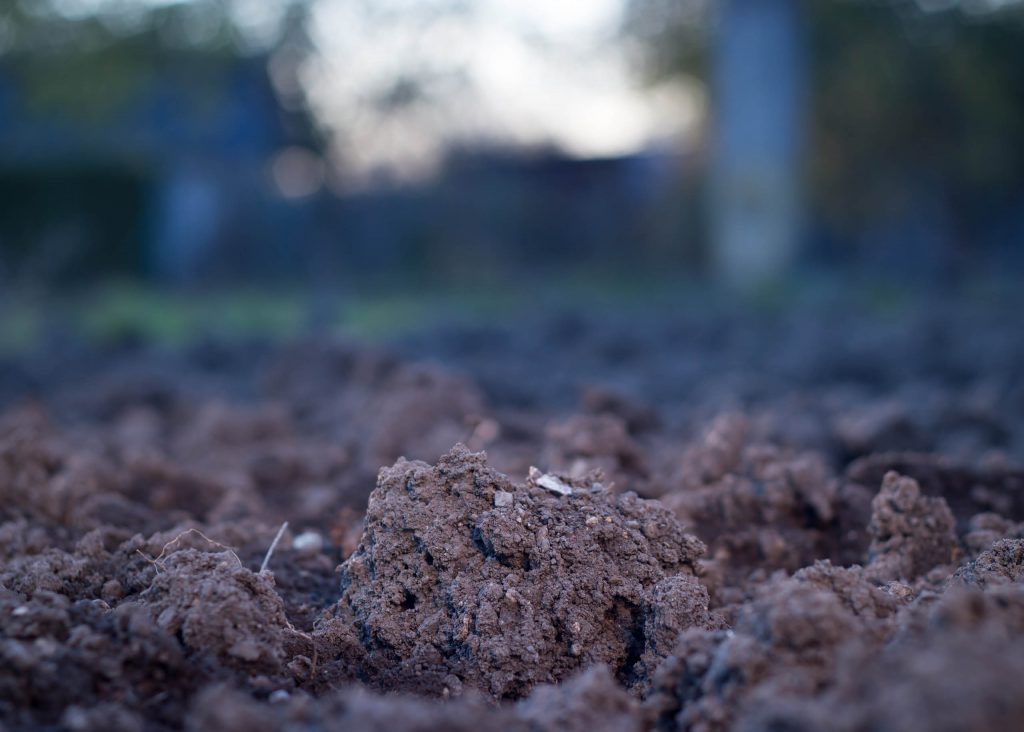 Gypsum has a two-pronged approach in terms of looking after your lawn.
Gypsum has a two-pronged approach in terms of looking after your lawn.
Also known as Calcium Sulfate, Gypsum, is successfully used to improve lawn soil conditions. It can be an effective soil amendment, such as if you have heavy clay soils or soils that contain high amounts of Sodium, which causes toxicity to the plant. Alternately Gypsum can be used to breakdown heavy clay soils prior to laying new turf.
Once you determine why and when to use Gypsum, it is easy to apply to your soil with a lawn spreader.
Gypsum is a common mineral, consisting of Hydrous Calcium Sulfate, that is widely used as a soil amendment – in particular for lawn maintenance when soils are heavy, clay-based or high in Sodium (which means a high soil pH).
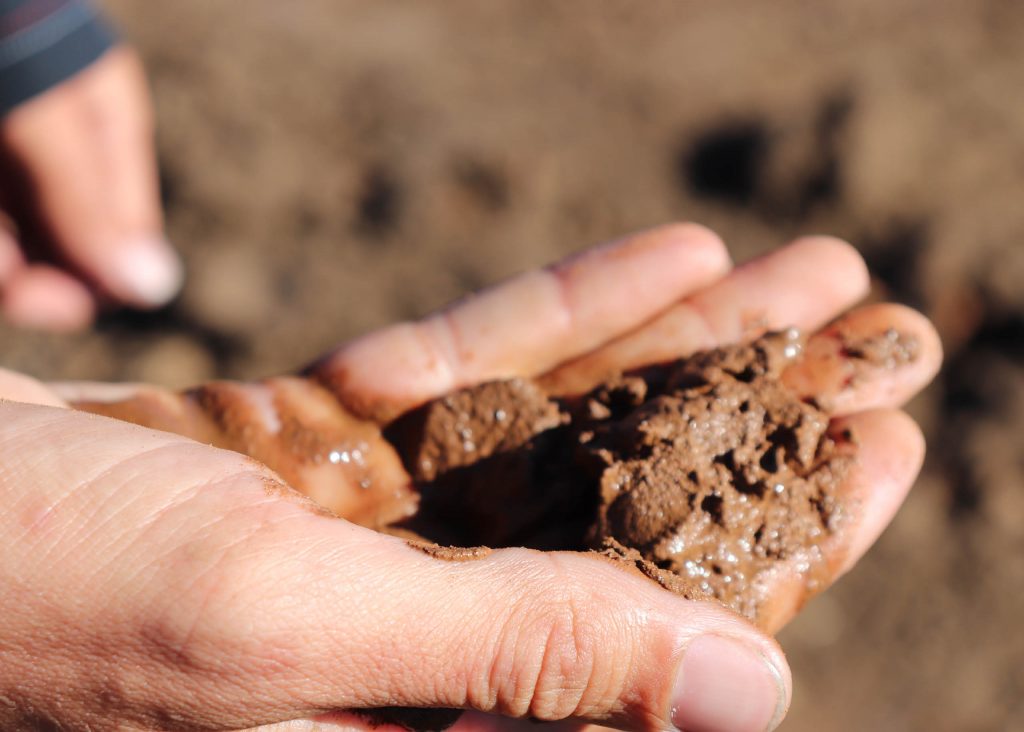 To understand if your lawn’s soil needs Gypsum – put some of your lawn’s soil into a glass container of clean water and shake it until it goes milky. Stand the glass for about five or 10 minutes. If the water doesn’t clear, the chances are your soil will respond to, and needs, Gypsum.
To understand if your lawn’s soil needs Gypsum – put some of your lawn’s soil into a glass container of clean water and shake it until it goes milky. Stand the glass for about five or 10 minutes. If the water doesn’t clear, the chances are your soil will respond to, and needs, Gypsum.
Gypsum is a good source of Calcium and Sulfur which are essential elements for improved plant growth.
As time passes, plants contain less amounts of Sulfur which is an essential element contributing to your lawn’s nutrition and growth.
Gypsum – has a two-fold affect. It boosts the amount of Sulfur in the soil to improve lawn growth, and with the Calcium improves root development to allow a better uptake of nutrients by the plant.
For example, the Calcium in Gypsum improves soil structure which is vital in allowing better water and air movement to improve your lawn’s root growth.
Before applying Gypsum, we recommended performing a soil pH test to determine if it is really required.
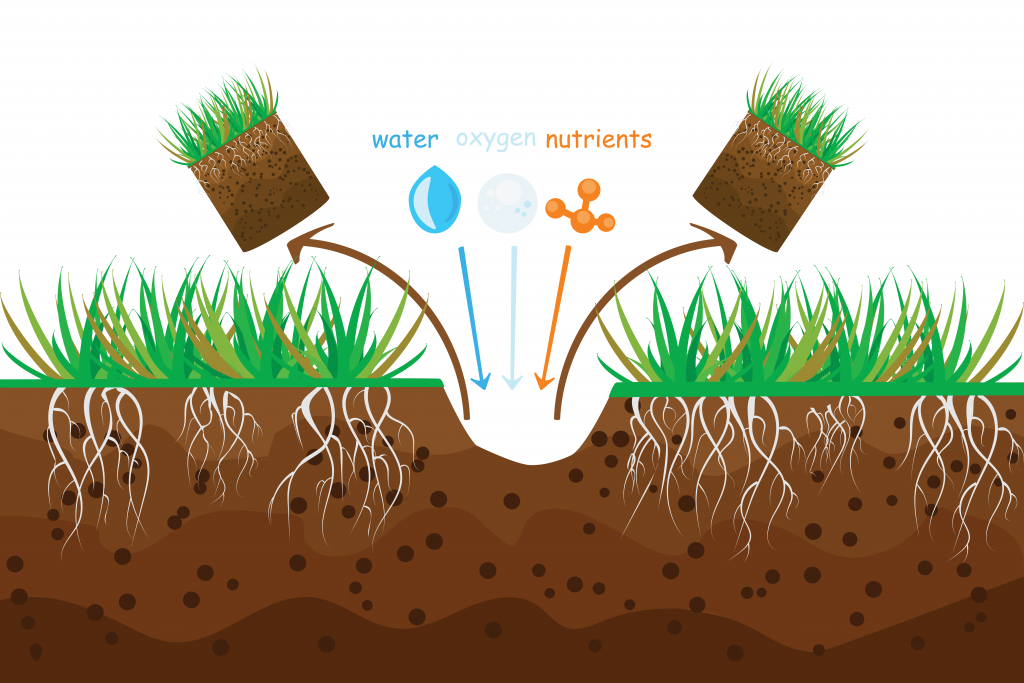 Gypsum is applied to your lawn to reduce soil compaction, improve soil structure, increase air movement, and prevent reduce water run-off. It also can displace salt which is sitting in your lawn’s soil having damaging effects. Salt removes the moisture from the soil, preventing it from getting to your lawn’s roots.
Gypsum is applied to your lawn to reduce soil compaction, improve soil structure, increase air movement, and prevent reduce water run-off. It also can displace salt which is sitting in your lawn’s soil having damaging effects. Salt removes the moisture from the soil, preventing it from getting to your lawn’s roots.
Lime is a calcium-containing inorganic mineral composed primarily of oxides, and hydroxide used to increase soil pH.
Gypsum is a Hydrous Calcium Sulfate mineral used to provide Calcium ions that improve soil structure, but it does not increase your lawn’s soil pH.
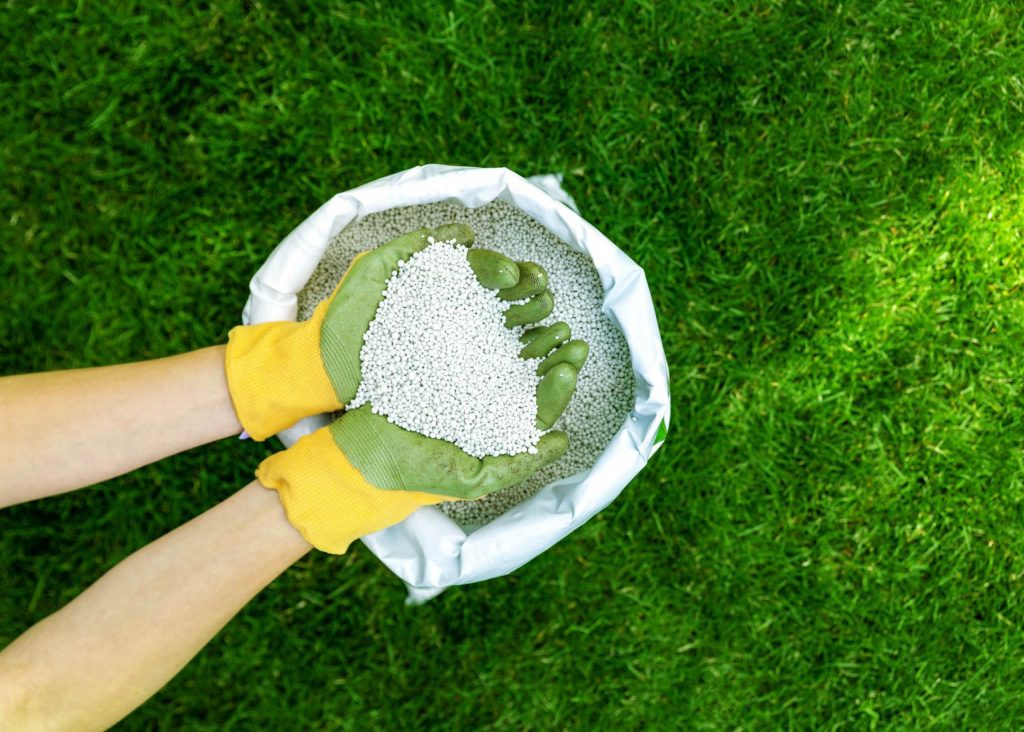 The rate of Gypsum you add to your lawn varies depending on the levels of Sodium and Magnesium in your soil. That is why doing a soil pH test is recommended so you understand your lawn’s chemical make-up and can then best determine if first, Gypsum is required and second, if Gypsum is required how much.
The rate of Gypsum you add to your lawn varies depending on the levels of Sodium and Magnesium in your soil. That is why doing a soil pH test is recommended so you understand your lawn’s chemical make-up and can then best determine if first, Gypsum is required and second, if Gypsum is required how much.
Remember we only add Gypsum as a good source of Calcium and Sulfur which are essential for improved plant growth.
Always apply Gypsum as instructed on the label.
Following the application of Gypsum, it can take several months to break up clay soils.
Gypsum does not change your lawn’s soil pH, it is used to add Calcium to your soil to promote better root development.
 Adding Gypsum to your lawn is a perfect way to help your soil structure especially if it is heavily compacted. It also helps water and air filtration through heavy-clay soils.
Adding Gypsum to your lawn is a perfect way to help your soil structure especially if it is heavily compacted. It also helps water and air filtration through heavy-clay soils.
Gypsum is often used when laying new turf to improve the underlying soil structure and enhance new root growth.
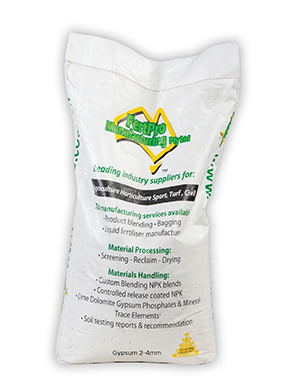
Granular Gypsum Coarse Grade 2-4mm 25kg is a top of the range Soil Amendment suitable for Zoysia, Kikuyu, Couch and Buffalo grasses. The product has the active ingredient of Gypsum (Calcium sulfate) and should be applied at an application rate of 5Kg-10Kg/100sqm. As with all lawn products please read the label on the Granular Gypsum Coarse Grade 2-4mm 25kg product first before applying.
SHOP NOW